Silas' story
My husband and I felt we were the luckiest people on earth when we actually held our little boy Silas in our arms. When Silas was around 6 months old, we noticed that the back of his head was becoming flatter and that he couldn’t hold his head up properly. Silas always cried when he was laid down to play on his stomach. We saw an osteopath who gave us exercises that Silas didn’t like at all. The osteopath said she thought that Silas was maybe a bit ‘lazy’ as he didn’t invest much effort in trying to reach toys or in crawling.
We are grateful that we found out about his illness so early in his life and are proud of our brave little son.
- Natalie, mother of Silas
When Silas was 1 year old, he got a really bad cold with high temperature and an obstructive bronchitis which took us to hospital. A doctor casually asked us if Silas’ head circumference had been checked because he thought Silas’ head was too big. To me, our little boy was perfect and yes, he had a big head but Silas was a big child overall. Our paediatrician said he thought Silas was healthy but he couldn’t be 100% sure without a MRI scan.
A few months before Silas’ 2nd birthday, our little boy was given a MRI scan. The head physician told us that the MRI showed an abnormality that might be a symptom of a rare disease called mucopolysaccharidosis. The information he gave us on mucopolysaccharidosis that evening was very vague. It could be that he did say something concrete, but it didn’t reach me because I felt totally paralysed. I couldn’t even cry. It felt like when you are pushed down a big hill, it takes your breath away and it’s like you cannot think any more.
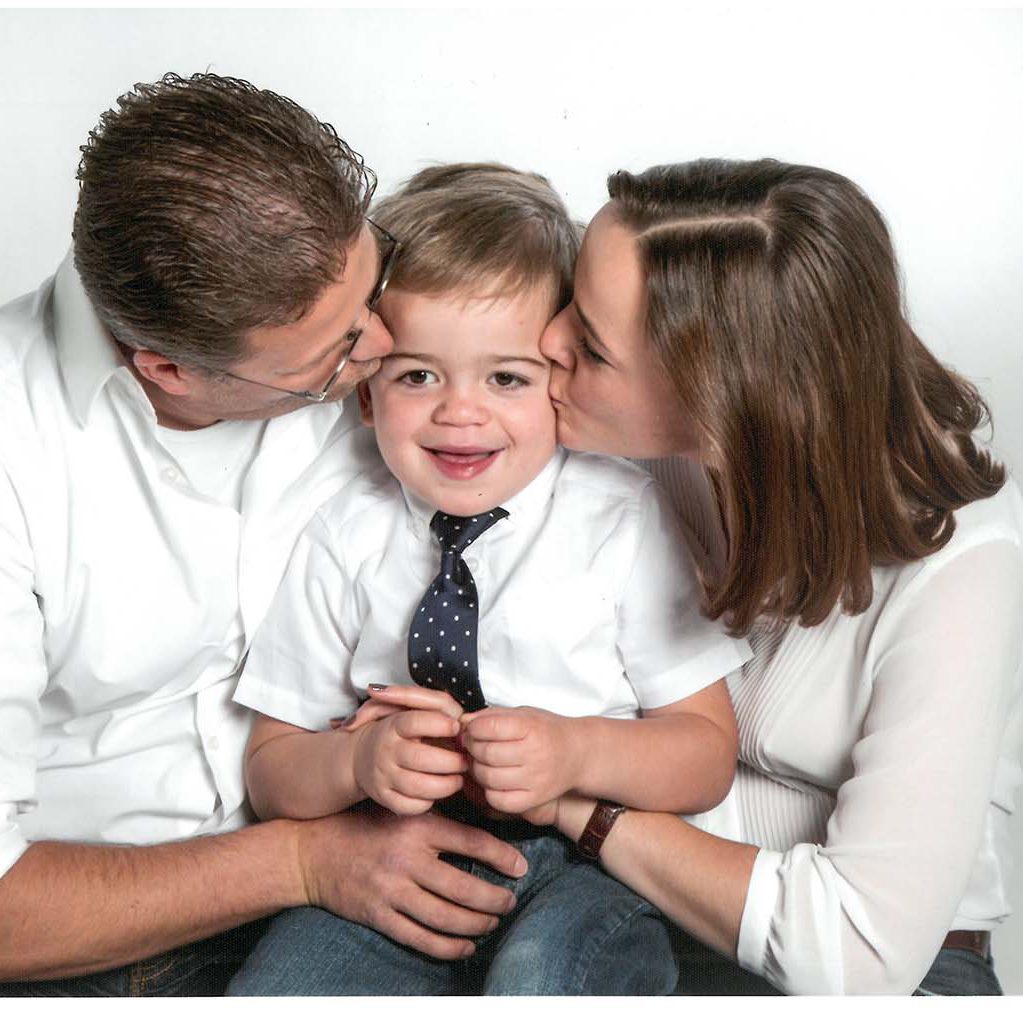
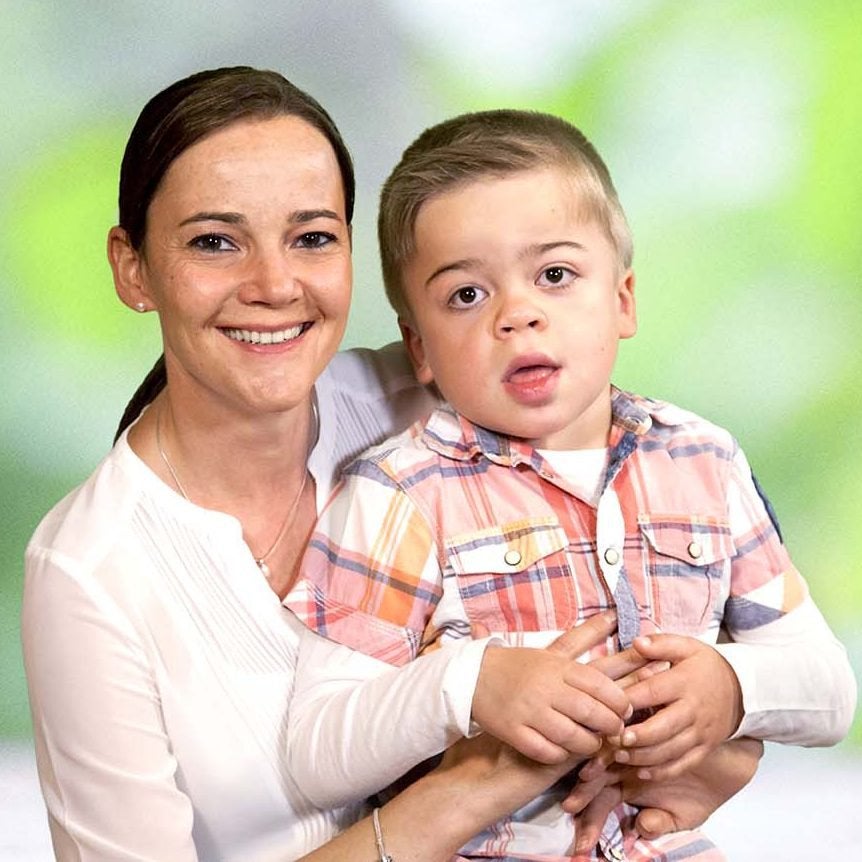
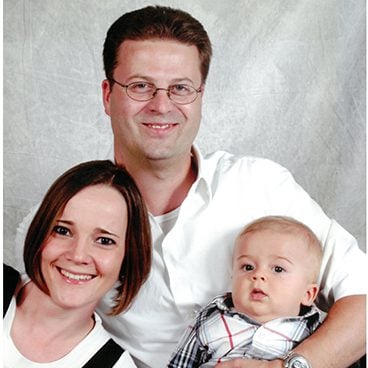
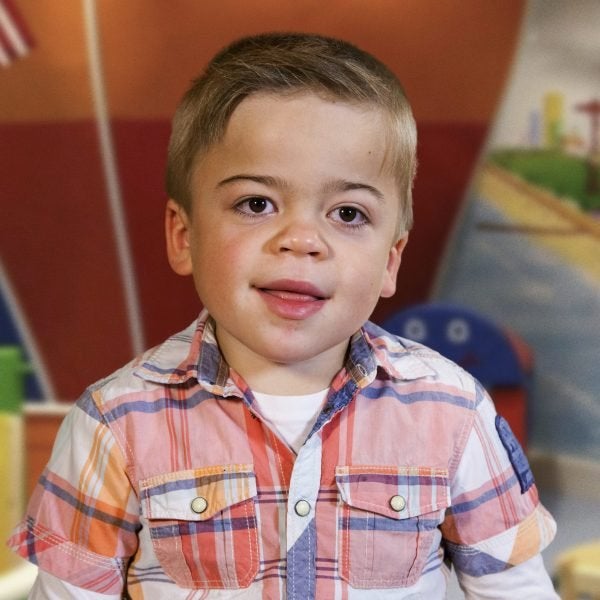
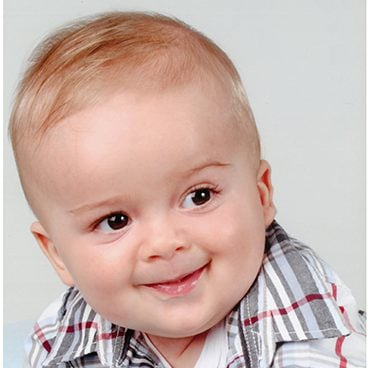
We had to wait another month for the blood test results to clearly tell us that Silas had Hunter syndrome. It’s hard when you’ve got a healthy child and then just before his 2nd birthday you are told you’ve got a really, really ill child.
Silas started kindergarten when he was 2 years old and has a lot of fun there. The other side of the coin is that he often comes down with a cold because of catching infections there. We are grateful that we found out about his illness so early in his life and are proud of our brave little son.
My advice to others affected by rare disease is carpe diem. Use the time you’ve got left with your child. That’s what I would tell them. Don’t look back.
- Natalie, mother of Silas
The most difficult things for us are little things like going on vacations; we just drive somewhere for a few days because we don’t want him to miss his treatment. It was hard to find a kindergarten and then a school that could take him. He’s just like a baby as he doesn’t speak more than a few words. There is no interaction; we cannot play with him like with healthy children. We have to lock our doors because he runs out if they are open. We have to close every cupboard, because he might play with something sharp and injure himself or other children in his kindergarten.
He’s 6 years old now and he’s going to school this summer. He loves to read books, play soccer, sing songs, dig in the garden and chase his grandpa’s chickens and bunnies and our dog Orka. My advice to others affected by rare disease is carpe diem. Use the time you’ve got left with your child. That’s what I would tell them. Don’t look back.
